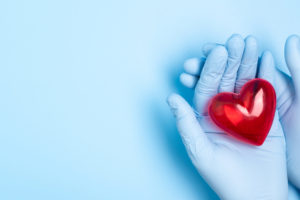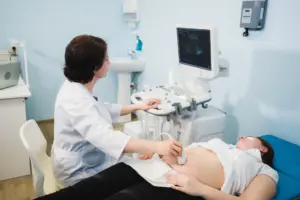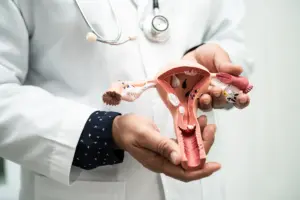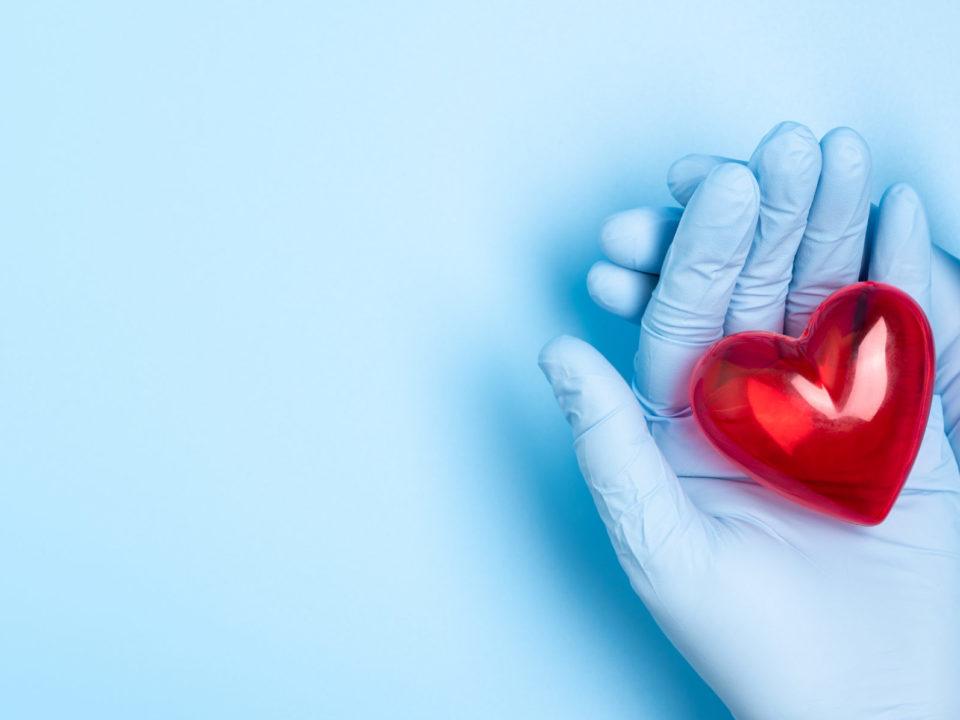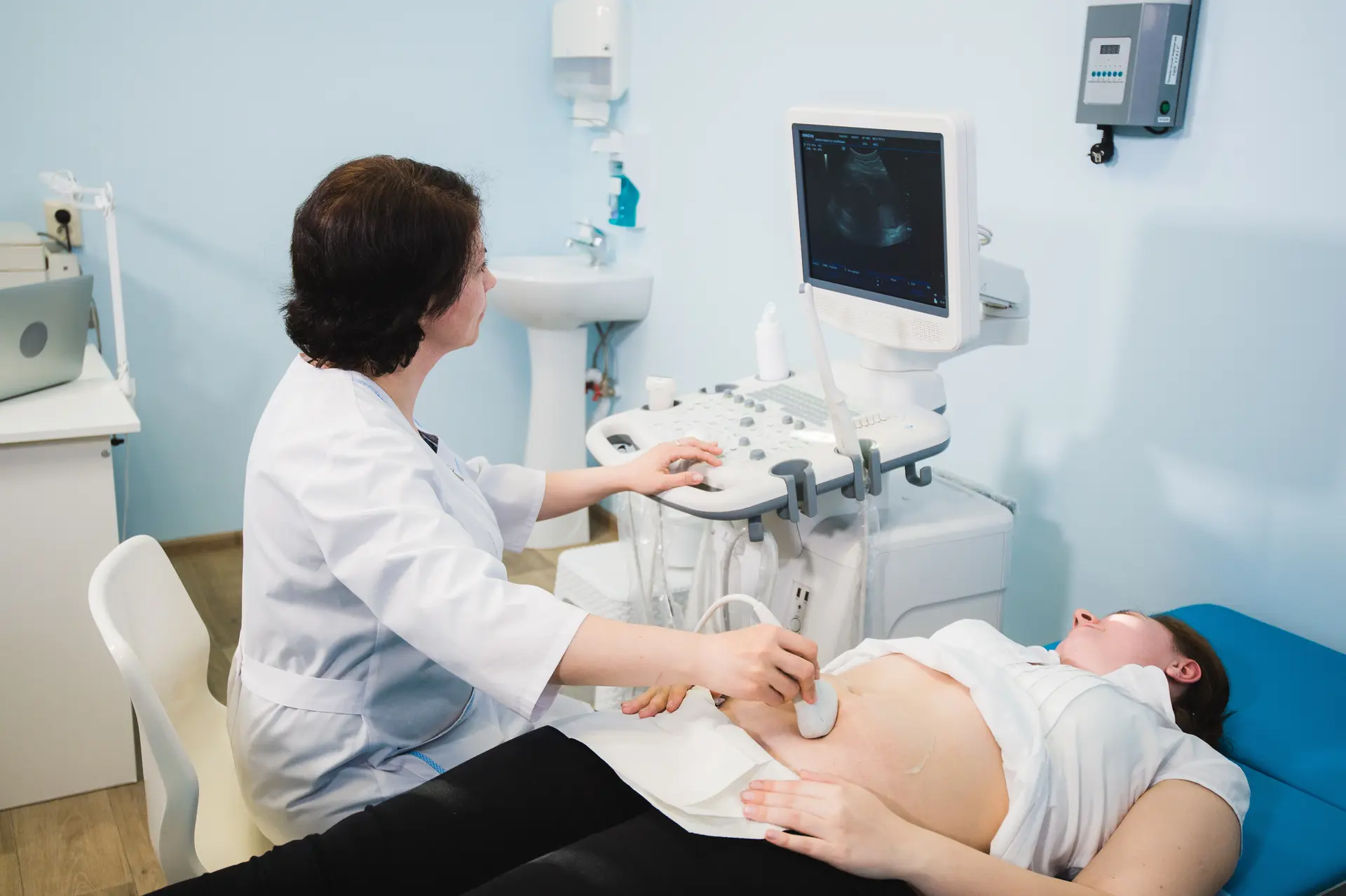Protecting your Head from Concussion
World Head-Injury Day takes place this year on 20 March. Let’s take a look at some facts and figures on concussion, and how you can deal with this potential injury.
The brain is arguably the most important organ in the body, as it ensures that all the other systems work. Humans have the biggest brains of all life on earth, and it is because of this that we as a species have survived.
However, while it is protected by the skull, the brain is still susceptible to concussions – particularly where contact sports are involved. In the United States, some 1.2 million people suffer from contact sport-related concussions each year. In South Africa, rugby is the biggest culprit of concussions, with 10-15% of players suffering from a concussion each season, and as many as 50% of players being concussed at least once in their rugby careers. Don’t be fooled – soccer can be just as dangerous, from flying balls to flying goalies and enthusiastic players all trying to score a win.
What is a concussion?
A concussion is defined as trauma to the brain caused by some form of impact. The effects are usually short-lived unless there is bleeding of the brain, which can be fatal. Symptoms usually include nausea, headaches, problems with vision and memory, as well as concentration, coordination and balance issues. Other symptoms may include amnesia, confusion, fogginess and loss of consciousness.
Most concussions are caused by falls, though injuries from being shaken and also car accidents can have a major impact on the brain. Victims of gender-based violence or physical abuse can also suffer injuries to their heads.
Is it serious?
Where the concussion is mild, there may be a slight headache and some nausea, which could lead to vomiting. Usually, recovery occurs quickly, and there are no long-term health effects.
However, where the concussion is more serious, there may be long-term health concerns. Symptoms include repeated vomiting or nausea, headaches that get progressively worse, fluid or blood coming out of the ears, a loss of consciousness that lasts for more than 30 seconds, a persistent ringing in the ears (this is not the same as tinnitus), weakness in the arms or legs, paleness that lasts for more than an hour, ongoing confusion or disorientation, slurred speech, and seizures or convulsions.
When should I see a doctor?
If the fall or blow to the head was minor, the main treatment for a concussion is to take it easy and rest. However, this may not always be possible. Unless you witnessed the injury and you have an idea of how serious it is, rather go and see a doctor just to be on the safe side. If this is not possible, keep a watchful eye on the person who has experienced the concussion. If their condition does not improve after 24 hours, take them immediately to see the doctor. Do not delay.
Head trauma can be a very serious matter, and if there is a weakening of the blood vessels in the brain, this can lead to a haemorrhage and death. If you are not sure, and the injuries seem serious (based on the symptoms above), then the person would need to go for tests such as a CT scan or MRI.
What else can I do?
Prevention goes a long way, so take extra care when walking up and downstairs, particularly if they are outdoor and it is raining. Be careful in the bath and shower, and make sure you use handrails or non-slip bath mats. For contact sports, always wear protective headgear. When on the road, it is important to buckle up and practise safe driving. Likewise when flying, remain in your seat with your belt always loosely fastened.
Regular exercise also strengthens bones and muscles and helps with coordination and balance, which can prevent a fall.
Ensure that your children are properly educated about concussion and be aware of what sports and other interests they are taking part in, which may be dangerous.
Even so, as the saying goes, you can’t wrap them up in cotton wool! It remains important to get on with life and enjoy it.
The lenmed Group is a world-class chain of Private Hospitals that brings quality healthcare to communities across Southern Africa.
For more information please contact:
IPSS Medical Rescue
Tel: +27 (0) 823 911 911
Email: [email protected]
Website: www.lenmed.co.za
Disclaimer: Any information contained here is merely a guideline. Always visit your healthcare practitioner for any health-related advice or diagnosis.






